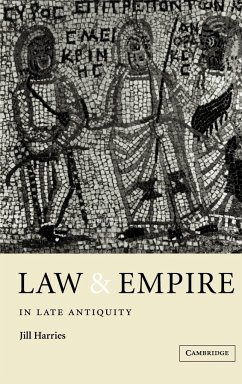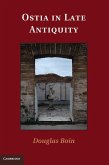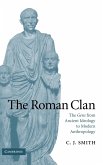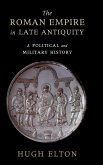This is the first systematic treatment in English by an historian of the nature, aims and efficacy of public law in late imperial Roman society from the third to the fifth century AD. Adopting an interdisciplinary approach, and using the writings of lawyers and legal anthropologists, as well as those of historians, the book offers new interpretations of central questions: What was the law of late antiquity? How efficacious was late Roman law? What were contemporary attitudes to pain, and the function of punishment? Was the judicial system corrupt? How were disputes settled? Law is analysed as an evolving discipline, within a framework of principles by which even the emperor was bound. While law, through its language, was an expression of imperial power, it was also a means of communication between emperor and subject, and was used by citizens, poor as well as rich, to serve their own ends.
Table of contents:
1. The law of Late Antiquity; 2. Making the law; 3. The construction of authority; 4. The efficacy of law; 5. In court; 6. Crime and the problem of pain; 7. Punishment; 8. The corrupt judge; 9. Dispute settlement I: out of court; 10. Dispute settlement II: episcopalis audientia; Conclusion.
This is the first systematic historical treatment in English of public law in the later Roman Empire. New interpretations are offered of central issues in the study of Roman law - its nature, aims and efficacy; contemporary attitudes to torture and punishment; judicial corruption; and the settlement of disputes.
The first systematic historical treatment in English of public law in the later Roman Empire.
Table of contents:
1. The law of Late Antiquity; 2. Making the law; 3. The construction of authority; 4. The efficacy of law; 5. In court; 6. Crime and the problem of pain; 7. Punishment; 8. The corrupt judge; 9. Dispute settlement I: out of court; 10. Dispute settlement II: episcopalis audientia; Conclusion.
This is the first systematic historical treatment in English of public law in the later Roman Empire. New interpretations are offered of central issues in the study of Roman law - its nature, aims and efficacy; contemporary attitudes to torture and punishment; judicial corruption; and the settlement of disputes.
The first systematic historical treatment in English of public law in the later Roman Empire.








